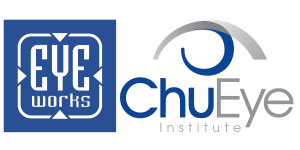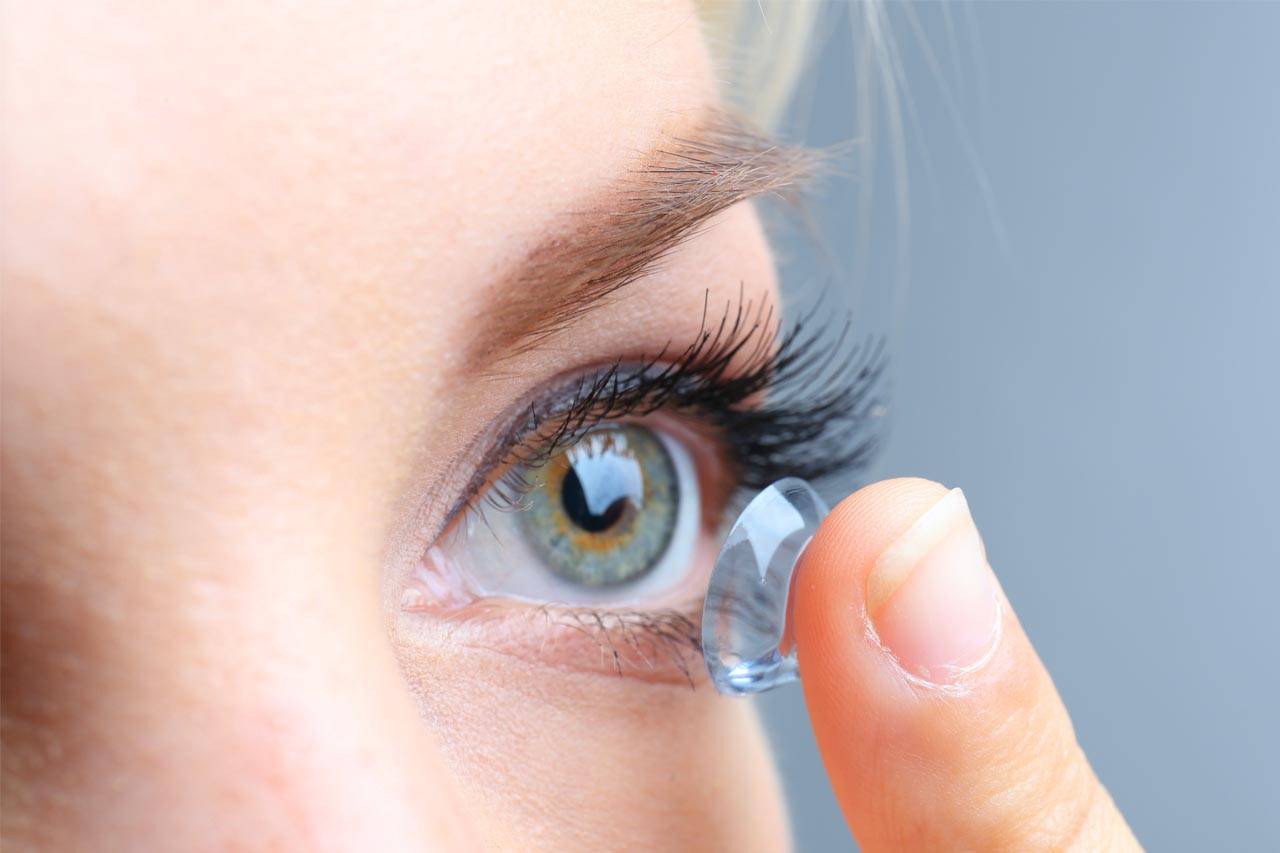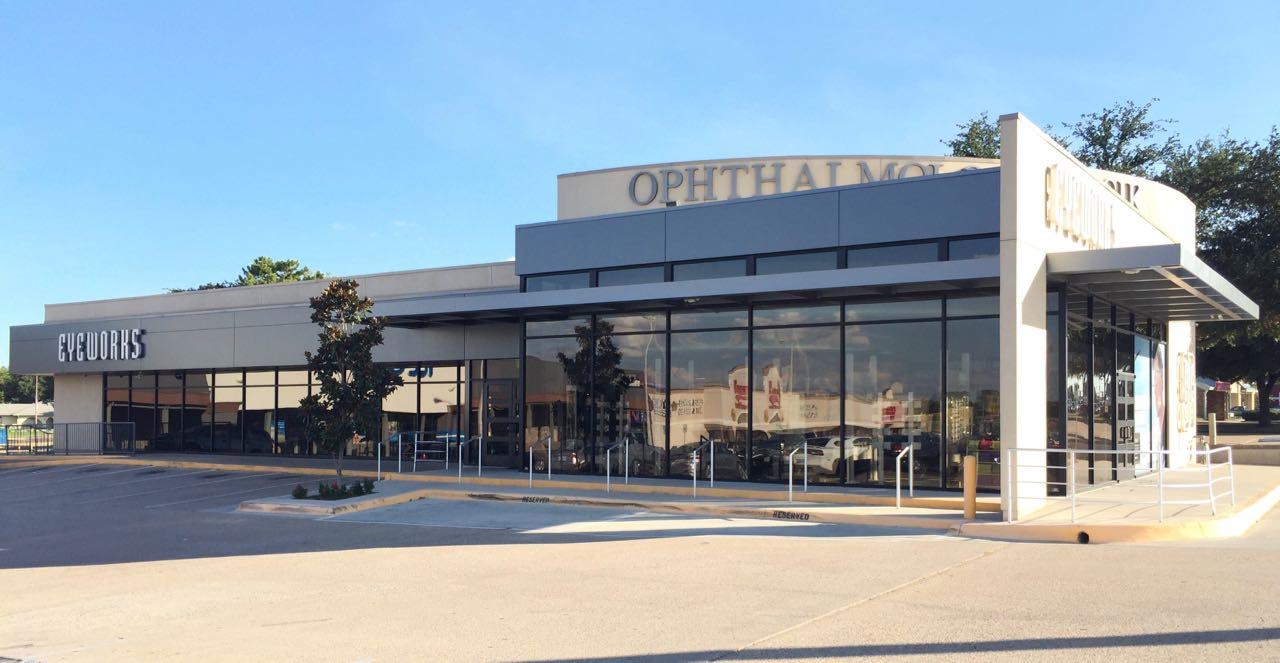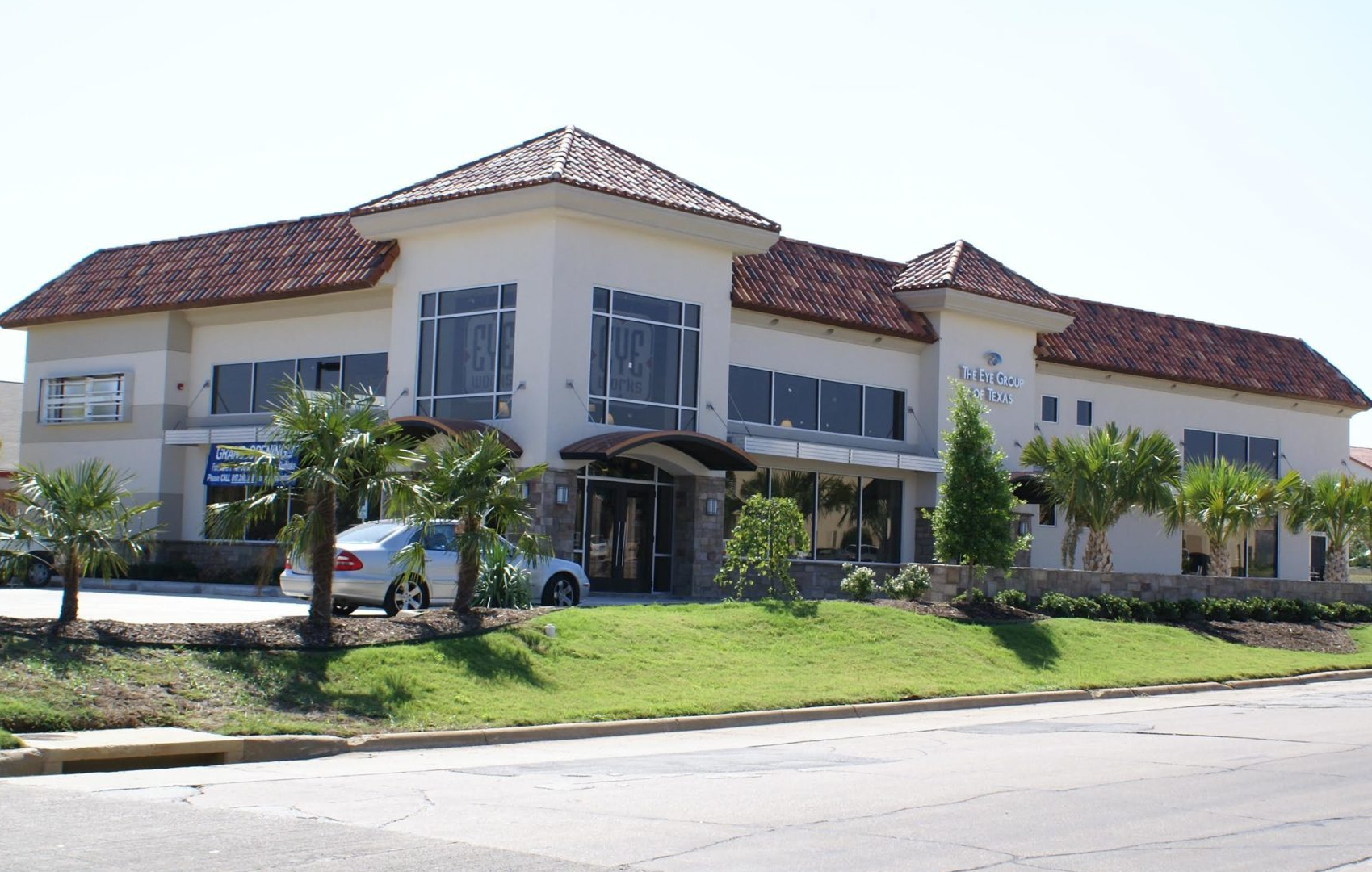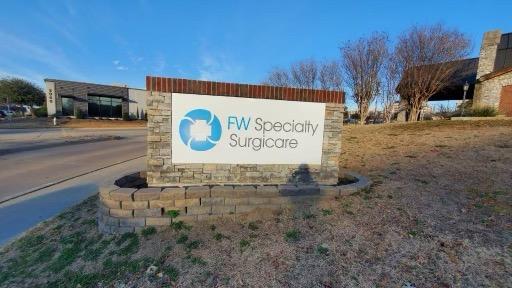Preparing for school means new school supplies, meeting new friends and teachers, and ensuring your child visits their eye doctor for aneye exam. Although schools may offer vision screenings within a few weeks or days of the new school year to ensure a child doesn’t struggle with poor visual acuity, none of the staff or even trained nurses check for visual problems, such as binocular vision and accommodative eye skills that play a significant role in near vision. Children who develop reading problems may have passed vision screenings yet were never examined by a professional optometrist.
Another benefit of coming to our practice is that we specialize in myopia management. Traditionally, the only way to handle nearsightedness or myopia progression in a child is to increase the prescription, often resulting in thicker glasses. Over a few years, a child will end up jumping from a low prescription of -.5 or -1 to a high prescription of -3 or worse! Unfortunately, high myopia has been identified as a lead cause for eye disease in old age, such as macular degeneration, cataracts, glaucoma, and even retinal detachment. A person can be 3-4x at risk for eye disease from having a prescription of -4 compared to someone with a low prescription.
Why does myopia cause eye disease?
Although LASIK surgery can help you see without eyeglasses, once a person’s eyes have worsened to a low prescription, the shape of their eye has elongated to a point that leaves the retina in a precarious state. Laser vision correction merely corrects the surface of the eye, but without preventing myopia progression, the damage has already been done. Therefore, the only way to safely secure one’s vision from greater risk is myopia management, in other words, taking steps to stop progression in its tracks.
What should a parent consider for their child’s next year at school?
Come to our practice and schedule an eye exam with our eye doctor, Dr. Robert Chu. We’ll not only evaluate the child’s complete eye health, but we’ll guide on the proper steps to slow myopia progression. We have methods through specialty contact lenses to stop advancing myopia, but often we’ll educate parents on how to slow progression through good habit building.
- Children need 2 hours of outside play. Build their long-vision muscles!
- Reduce screen time
- Practice the 20-20-20 Rule.
- Take a break from close vision work every 20 minutes,
- Then look at something 20 feet away (or further)
- Spend at least 20 seconds doing this before returning to your close-up work.
We look forward to seeing you and your children and getting the entire family prepared for the new school year with confidence & healthy vision.
At Eyeworks, we put your family's needs first. Talk to us about how we can help you maintain healthy vision. Call us today: 817-346-7077 or book an appointment online to see one of our Ft. Worth eye doctors.
Want to Learn More? Read on!
FOLLOW US:
